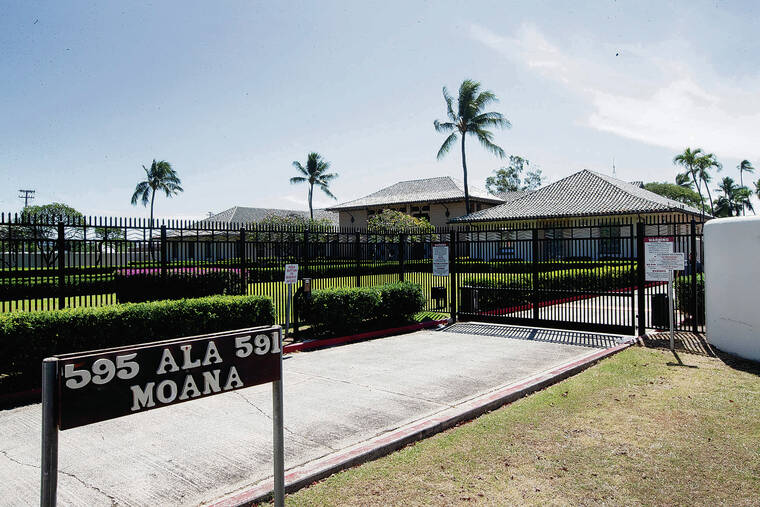LIHUE — National Preparedness Month is observed every year in September to further raise awareness about the importance of preparing for any type of emergency.
Last month, Hurricane Hone dropped more than a foot of rain across portions of the Hawaii Island and up to 18 inches in other areas. And although Tropical Depression Gilma dissipated, The Hawaii Red Cross (HRC) wants to make sure all Hawaii residents are prepared, can act swiftly and are empowered this month.
“Preparing for any severe weather event should start by considering where you live,” said Hawaii Red Cross Regional Communications Director Matthew Wells. “If the area around your home is prone to flooding, learn how best to sandbag against heavy rainfall and watch for mudslides.
“If high winds are expected, bring inside and secure items that may be picked up and become a projectile. Of course, you should also be ready to evacuate with an emergency kit should you be advised by officials.
September is also a great time to rotate non-perishables, including checking for expired items. All families are reminded to be prepared for 14 days of food and water, instead of 72 hours due to Kauai’s isolation.
“It’s easy to let the expiration date for emergency kit supplies slip your mind, but it’s a small effort that has a huge impact,” added Wells. “It’s a good idea to check at least once a year before hurricane season starts, but once every six months is even better. Of course, if you haven’t checked at all this year, the best time is right now.
Preparedness Month is also a great opportunity to educate keikis on the importance of being safe, ready and prepared.
“Kids should be involved in the planning of what to do in an emergency,” Wells said. “Make sure they know where to go to be safe, who they can trust, and how they can get in touch with the rest of the family. This is especially important if they do not have access to a phone.”
It’s important to remember that Hawaii is in the midst of hurricane season and the Hawaii Red Cross encourages everyone to be ready when the time comes. Whether you’re a visitor or a resident, being well-prepared and having essentials in a car is also important.
In some cases, people may not be home when a disaster occurs.
“For your car, have a ready change of clothes and tennis shoes, hand sanitizer, light sticks, a first aid kit, a charger for your electronics, a paper map and a simple rain poncho,” Wells said. “Having essentials on hand and ready to go can be critical.
“In your home, be sure you have a flashlight, a water storage bag, and food supplies don’t need to be anything fancy. Medicine should also be a priority.
“But no matter where you are the Red Cross has a team of trained volunteers ready to respond to emergencies. We work closely with partners in county and state government organizations to determine needs and move quickly to deliver assistance.
“Recently, we hosted a training academy to elevate many of our existing volunteers into instructors. This allows us to rely more on local volunteers than those needing to fly in from out of state.”
Lastly, Wells said, “There are items you want to have in your emergency kit that are often overlooked. Important documents like deeds, rental agreements, titles, etc., can help with the insurance process.
“Make sure to consider each member of your household and what their medical needs are. And, of course, don’t forget your pet supplies. Get all these tips and alerts on your smartphone by downloading the Red Cross Emergency app.”
To learn more, visit redcross.org.





